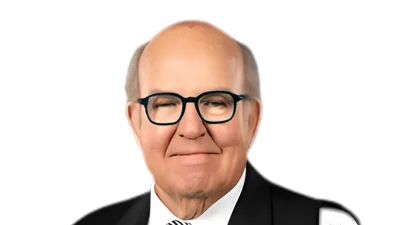As beef prices rise, ranchers see a decrease in profit. | National Beef Quality Assurance/Facebook
As beef prices rise, ranchers see a decrease in profit. | National Beef Quality Assurance/Facebook
Consumers may have noticed on their grocery shopping trips that beef prices are on the rise. Despite the price increase, cattle ranchers are struggling to make ends meet. Some say meatpackers are the ones benefitting.
Iowa Sen. Chuck Grassley (R-IA), has vowed to the ranchers who are being affected by the meatpacking industries that he is seeking reform.
"I'm working for reforms in livestock marketing to ensure Iowa cattle feeders get a fair price for their high-quality beef. Cattle farmers are getting less of the consumer's food dollar while consumers are paying more to feed their families," he said in a statement published to his Facebook account July 31.
The cost of beef rose by roughly 10% year-to-year in 2020, the sixth-highest rise in 40 years, according to a report published by Investigate Midwest.
“We’re getting less and the consumers are having to pay more,” Iowa rancher Eric Nelson said, according to Investigate Midwest.
But the eight ranchers interviewed by Investigate Midwest said their share of the profits stagnated or declined in recent years. Most said it's due to market consolidation.
Four companies, JBS, Tyson Foods, Cargill and National Beef, slaughtered about 85% of the cattle in U.S. in 2018, the USDA said.
"In turn, the companies’ profits have skyrocketed. From 2010 to 2020, both Tyson and JBS saw an increase in revenue from their cattle operations, 34% and 66% respectively, according to the companies annual reports," Investigate Midwest reported. "But, at the same time, the farmers’ cut has decreased. Between 2010 and 2020, the farmers’ share — beef’s value to the rancher divided by its retail value — decreased by about 9%."




 Alerts Sign-up
Alerts Sign-up